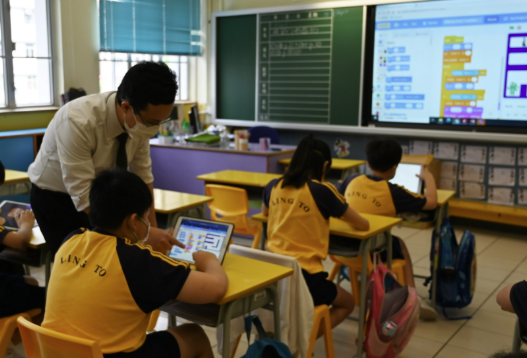Educational leadership is evolving. Today’s schools require leaders who are not only instructional experts but also visionaries, collaborators, and advocates for inclusive learning environments. Redefining leadership in education means embracing new approaches that reflect the needs of modern learners, diverse school communities, and rapidly changing educational landscapes.
Why Redefining Leadership Is Essential
Traditional models of leadership often emphasize top-down decision-making and administrative tasks. However, contemporary education calls for a broader, more dynamic definition—one that centers on empowerment, innovation, and community-building. Leaders must be adaptable, empathetic, and driven by a commitment to equity and student success.
Core Dimensions of Modern Educational Leadership
- Instructional Leadership: Effective leaders are deeply involved in teaching and learning. They guide curriculum development, support teacher growth, and use data to drive academic outcomes.
- Collaborative Practices: Today’s school leaders build strong teams, foster shared ownership, and involve multiple stakeholders—teachers, families, students, and community partners—in shaping school improvement.
- Cultural Responsiveness: Redefining leadership means recognizing and valuing the diverse cultural backgrounds of students and staff. Leaders promote inclusive policies, create welcoming environments, and address inequities.
- Innovation and Technology Integration: Forward-thinking leaders harness technology to personalize learning, improve communication, and prepare students for a digital world.
Strategies to Embrace Redefined Leadership
- Encourage Teacher Leadership: Empower teachers to take initiative in leading professional development, piloting new programs, or mentoring peers.
- Lead with Empathy: Build strong relationships by listening actively, supporting well-being, and creating a culture of trust.
- Stay Future-Focused: Embrace lifelong learning and remain open to emerging research, practices, and tools that enhance education.
- Promote Student Voice: Include students in school decisions, advisory councils, and problem-solving processes to ensure their needs are prioritized.
Impact of Modern Leadership Models
Redefined leadership creates schools that are more agile, inclusive, and responsive to change. It encourages continuous improvement, fosters innovation, and strengthens connections among all members of the school community.
Conclusion
Redefining leadership in education is not about abandoning tradition—it’s about building on what works while embracing what’s needed for today and tomorrow. By cultivating visionary, inclusive, and collaborative leadership, schools can create environments where both educators and students thrive.





